Is Tupperware Recyclable? How Is It Properly Disposed?
-
Ed Malaker
- Last updated:
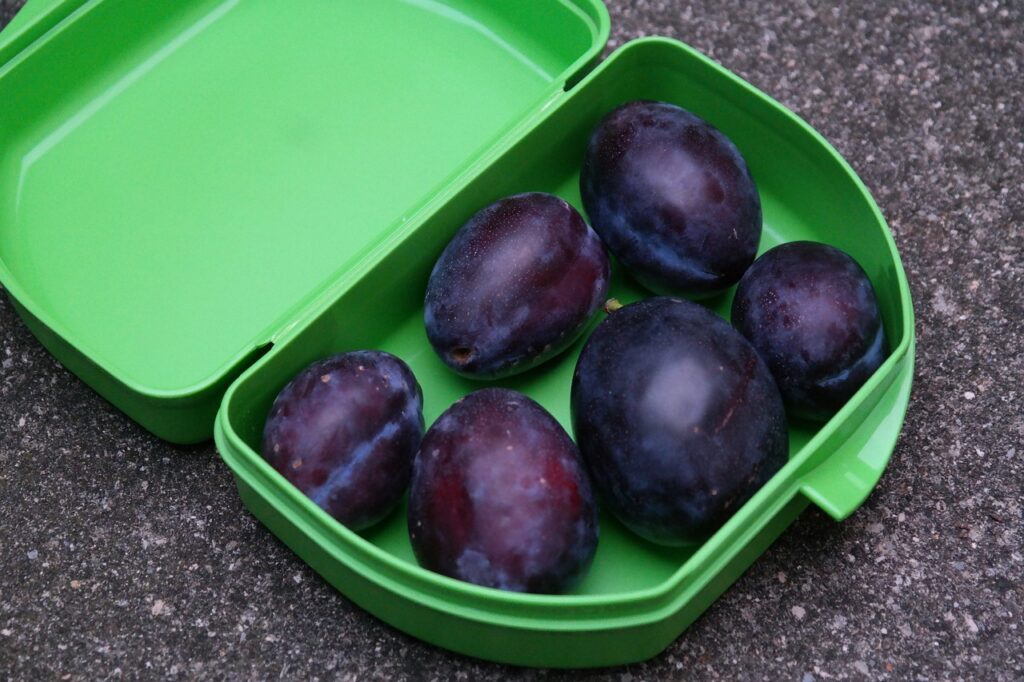
Tupperware is popular in the kitchen because it enables people to store their food safely and is reusable, so there isn’t as much waste. However, it still wears out over time, causing many people to wonder if they can recycle it. Fortunately, many types of Tupperware are recyclable, but some are not. So, keep reading as we help you determine what type of plastic your Tupperware is and provide tips and tricks for disposing of or recycling it.
What Is Tupperware?
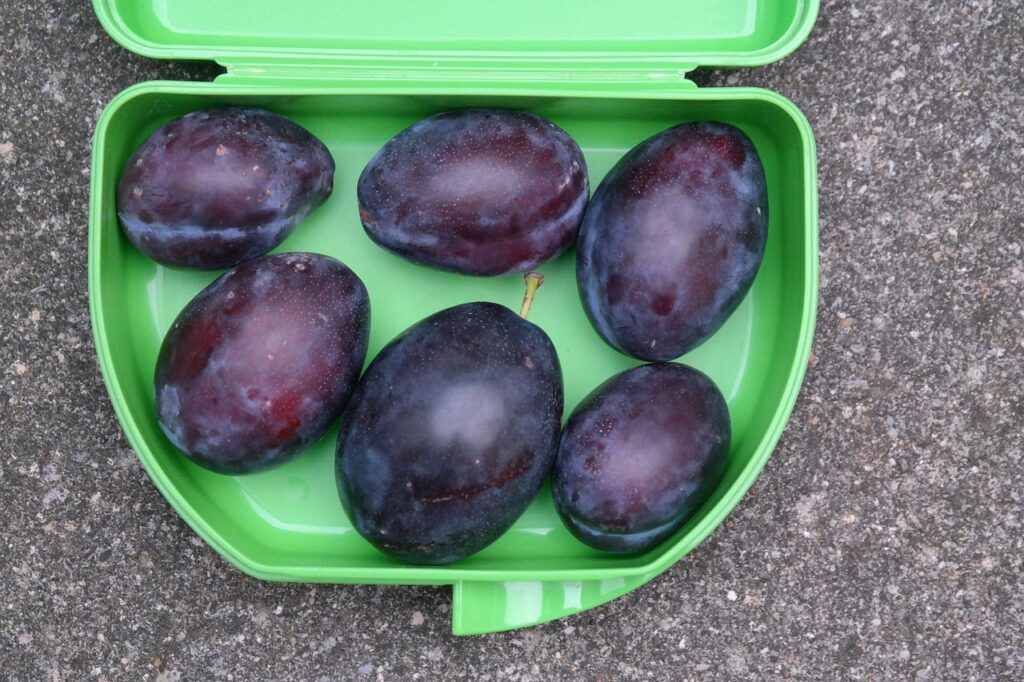
Tupperware is a brand name for plastic food storage containers, but many people use it as a general term when discussing any food storage container with a snap-close lid. These reusable items often have a long lifespan but eventually wear out and need replacing.
How Can I Tell If My Tupperware Is Recyclable?
The best way to tell if your Tupperware is recyclable is to look on the container for a triangle-shaped recycle symbol. Inside the symbol, you should see a number that will help you determine if you can recycle the container.
1. Polyethylene Terephthalate
Polyethylene terephthalate (PET or PETE) is a type of plastic that you can recycle, usually by tossing it into your recycle bin. Items that contain this plastic include water bottles, plastic jars for peanut butter, jelly, or mayonnaise, and soda bottles. Your Tupperware may also contain this type of plastic, making it recyclable.
2. High-Density Polyethylene
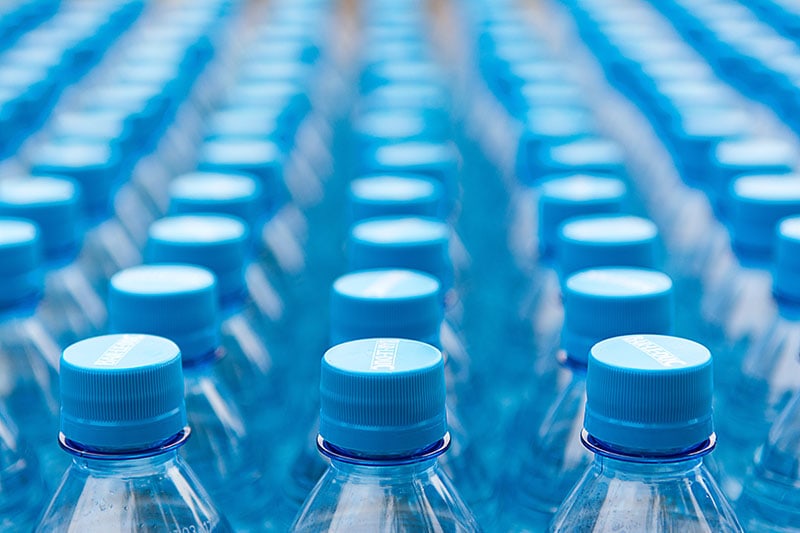
High-density polyethylene is a recyclable plastic found in milk cartons, shampoo bottles, detergent bottles, and more. Many plastic boxes, including several types of Tupperware, also use this plastic. You can usually recycle it by tossing it into your recycle bin.
3. Polyvinyl Chloride
Polyvinyl chloride (PVC) is usually not recyclable, though you can check with your local recycling plant to find out for certain. You will usually find this plastic in many kids’ toys, disposable kitchenware, plastic wraps, and other items.
4. Low-Density Polyethylene
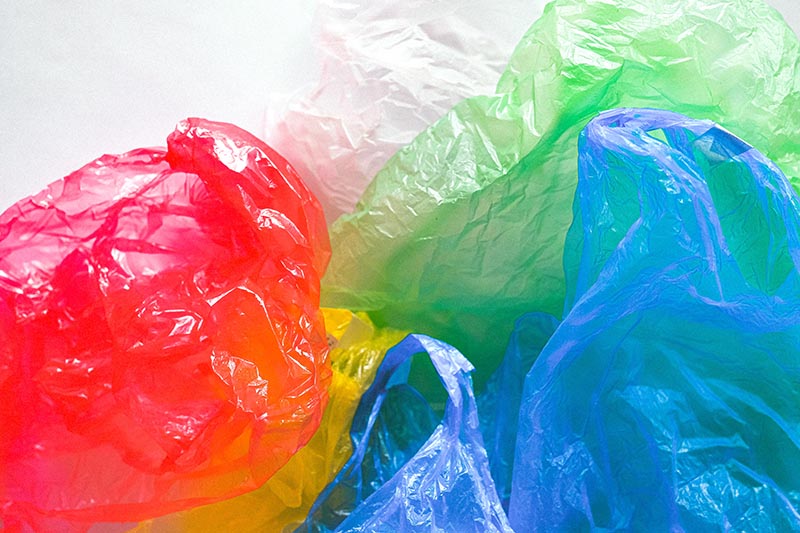
Low-density polyethylene is a common plastic that is often recyclable, but not always. It’s a common ingredient in many plastic shopping bags, and some big box stores like Home Depot often have recycle bins where you can toss this type of plastic, but you usually can’t throw it in your recycling bin unless your local recycling center states otherwise.
5. Polypropylene
Polypropylene (#5) is often recyclable, but not always. You can see it in yogurt containers, bottles, and cups. It might also be in your Tupperware. Some recycling centers will allow you to throw #5 plastic into your recycling bin, but others will not, so you will need to check with your local center to learn the guidelines for this kind of plastic.
6. Polystyrene
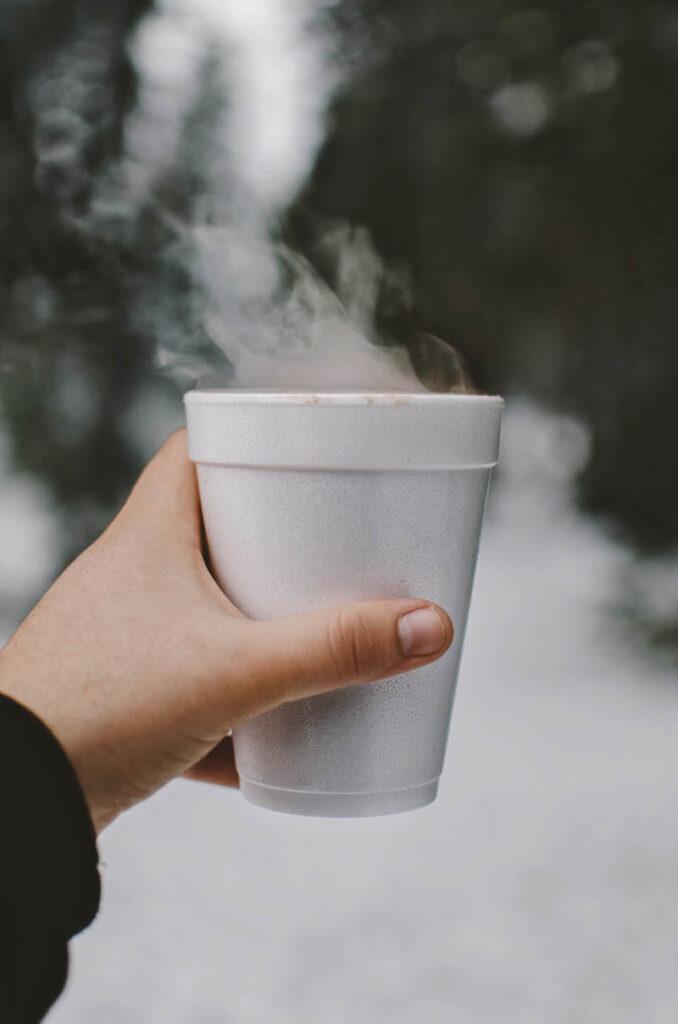
Polystyrene is a common plastic ingredient in many single-serve cups, Styrofoam cups, and takeaway containers. Unfortunately, this material is not recyclable, and the only option is to throw it into the trash.
7. Others
Plastic ingredients that don’t fall into any of the previous categories wind up here, so it can be difficult for you to determine whether it’s recyclable without consulting your local recycling facility.
How Do I Recycle My Tupperware?
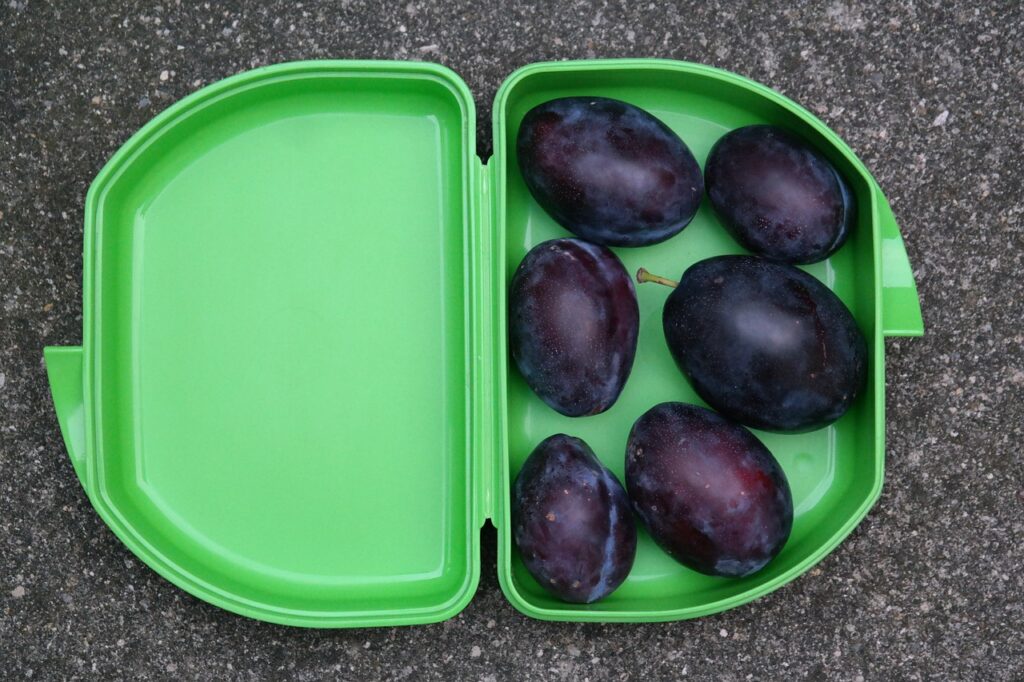
If your Tupperware has the number 1 or 2 inside the recycling symbol, you can usually throw it into your recycling bin. You may also be able to recycle it if it has the number 4, 5, or 7, but it’s best to check with your local recycling center to learn the best way to do it. If your Tupperware has the number 3 or 6 inside the symbol, it is not recyclable, and you will need to toss it into the trash.
How Can I Make My Tupperware Last Longer?
- Always handle your Tupperware carefully, especially when opening and closing the containers, as applying too much strain can crack and damage the plastic.
- Wash your Tupperware by hand when possible, as the high temperatures of the dishwasher can cause damage over time.
- Don’t heat your food inside the Tupperware.
- Repurpose your old Tupperware to hold other items besides food, like screws, receipts, or even your keys. They also make great first-aid kits and traveling companions.
Other Tips and Tricks
- Always carefully clean your Tupperware to remove all food items before recycling it.
- Avoid using Tupperware that uses non-recyclable plastic.
- Avoid using Styrofoam cups and takeaway boxes.
Summary
Fortunately, most kinds of Tupperware are recyclable, and you can often toss the containers into your recycling bin when it’s time for a new set. However, a few brands might contain plastic that is not recyclable or needs to be recycled in a specific way. Always look for the number inside the recycling symbol to see what type of plastic you are using, and contact the local recycling center if you aren’t sure how to dispose of it properly.
Featured Image Credit: Pixabay
Contents

